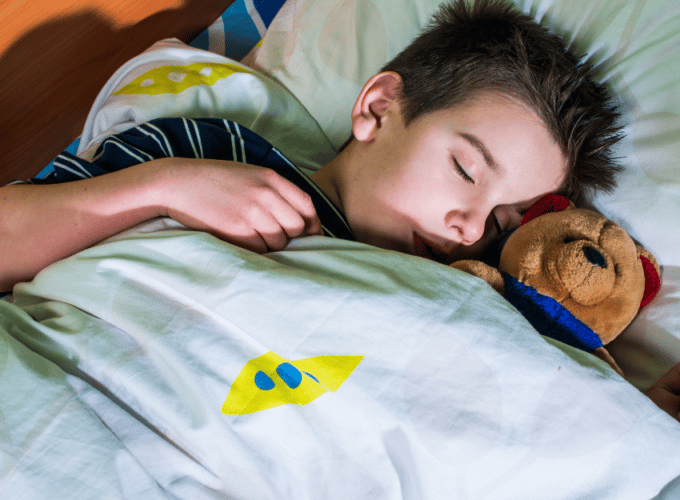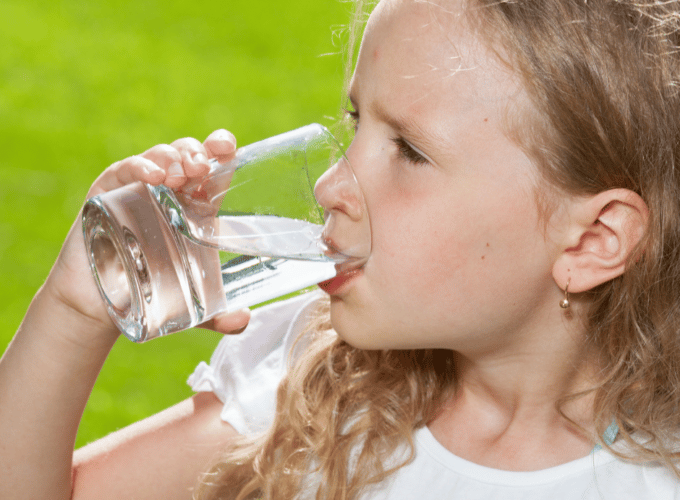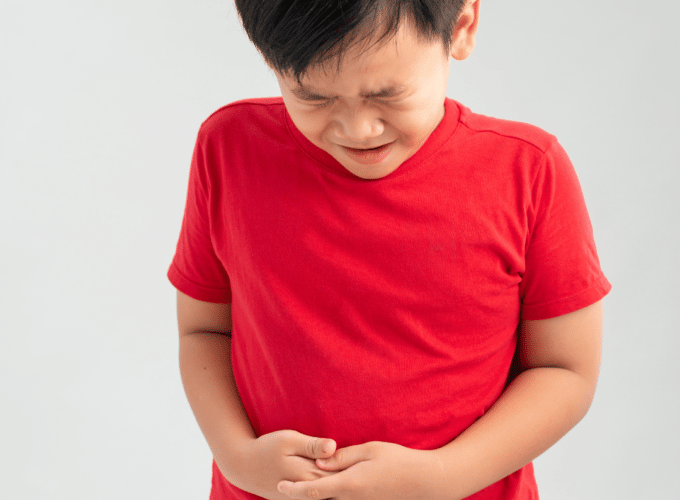Using desmopressin as a treatment for bedwetting
Last Reviewed: December 2023
Next Review: December 2024
Desmopressin is a medicine which ‘tops up’ the body’s levels of the hormone vasopressin. This is the hormone which tells the kidneys to produce less wee at night.
Most people sleep all night without needing a wee because of this hormone. But some children do not produce enough vasopressin, therefore there is far too much wee to fit inside their bladder at night.
How old does my child have to be to take desmopressin?
Treatment can be offered to children over the age of five years.
How should it be taken?
Your child should have plenty to drink during the daytime but must stop drinking an hour before they take the desmopressin.
Desmopressin lasts eight hours so it must be taken just before your child goes to sleep. There must be no drinks until eight hours after it has been taken.
It can be more effective to take desmopressin an hour before going to sleep. This is so that it’s already working on slowing wee production as your child goes to bed.
The need for treatment should be assessed every 3 months as children often produce more vasopressin as they get older. After a week off, if the desmopressin is still required, repeated courses can be used. This can be continued for as long as necessary.
Can it be taken long term or just one-off occasions?
Desmopressin can be taken regularly every night or just for one-off occasions. Your child would need to try it before the occasion to work out the right dose and make sure it helps them to be dry. To start with, however, it is recommended that it is taken for a minimum of three months without a break.
What if it doesn’t work straight away?
If there are no underlying causes and the medication is being taken correctly, you can check with your doctor to see whether they can increase your child’s dose of desmopressin.
Desmopressin won’t necessarily work straight away. In fact, some evidence suggests that the longer it is taken for, the better the effect.
A combination treatment may be required for children who are wet for more than one reason. If the wetting persists, discuss combination treatments with your GP to see if an additional treatment can be tried.
Are there any risks to using it/things to be aware of?
If your child has drunk a large amount of fluid in the evening before going to bed, then desmopressin should not be given on that night.
Don’t give your child desmopressin if they are ill with vomiting, diarrhoea or raised temperature.
What’s the best way to take it e.g. tablet, melt form or liquid form?
The melting wafer is ideal because it is easier to take than a tablet and your child doesn’t need a drink to take it.
Some children may prefer the liquid form because it is how they are used to taking medication.

Bedwetting
Information and practical tips about treating this common childhood condition and ways to make life a little bit easier.

Tips: better drinking
Tried and tested methods to get children to drink more and stay hydrated.

Wee withholding
Find out why some children avoid emptying their bladder, whether this can do any harm and how to help your child.
Upcoming events
Share this page
